Applying for asylum in Florida can be a complex and challenging process. From filing the initial Form I-589 to facing a high standard of proof, there are various requirements and obstacles that asylum seekers must navigate.
We will explore who is eligible to apply for asylum in Florida, the steps involved in the application process, the criteria that must be met, and what happens after asylum is granted.
Stay tuned to learn more about seeking asylum in the Sunshine State.
Key Takeaways:
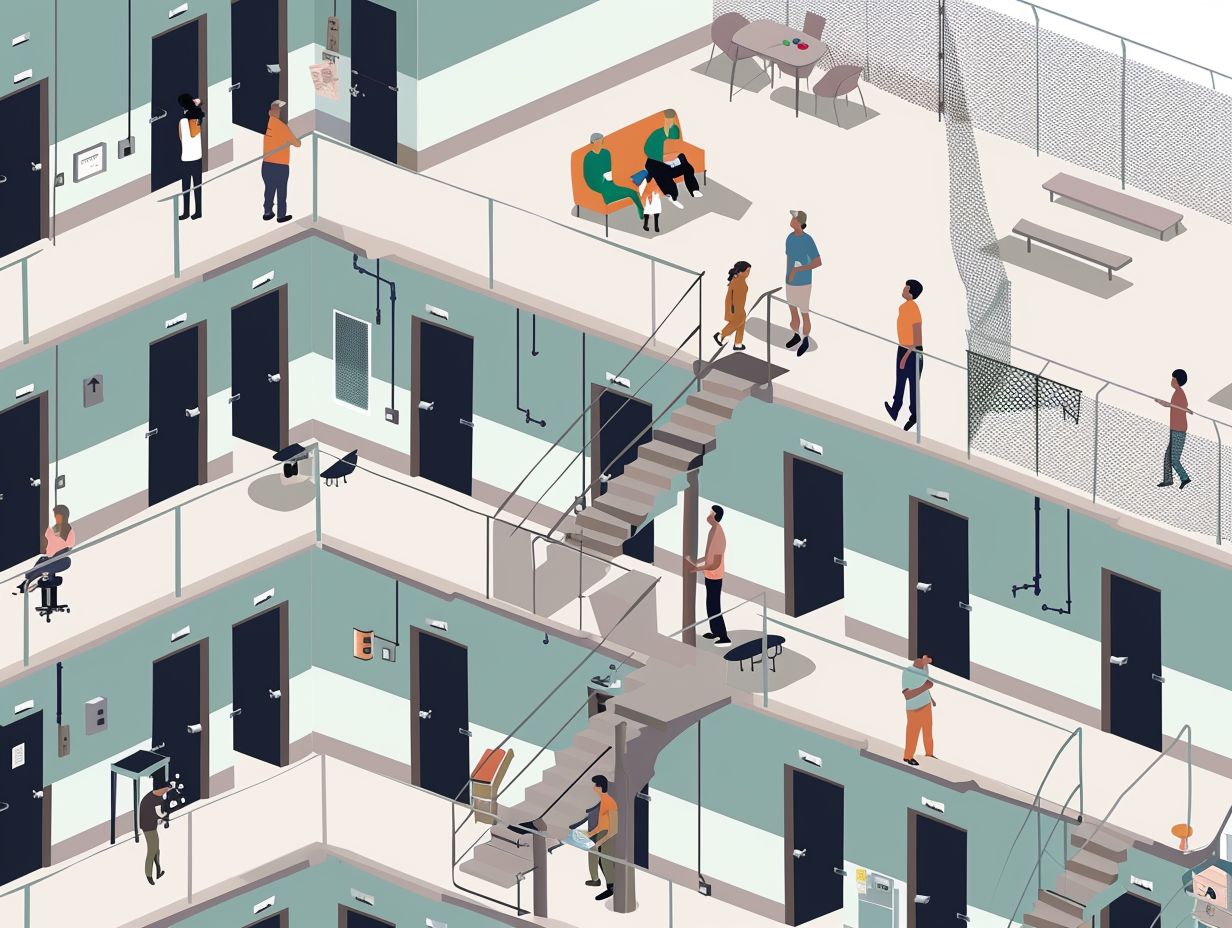
- Asylum can be sought by refugees, asylees, and asylum seekers in Florida.
- The asylum process in Florida involves filing Form I-589, biometrics appointment, and an asylum interview.
- To be granted asylum in Florida, one must prove fear of persecution based on specific grounds and inability to return home.
Who Can Apply for Asylum in Florida?
In Florida, individuals seeking protection under U.S. immigration law by fleeing persecution can apply for asylum. Asylum is a significant form of relief that could potentially result in permanent residence in the United States. Asylum seekers are required to navigate the intricate asylum process, which is supervised by entities like the Department of Homeland Security.
1. Refugees
Refugees are individuals who have been compelled to leave their home country due to persecution or a well-founded fear of persecution and are seeking legal protection through asylum in the United States.
These individuals must satisfy specific criteria to be classified as refugees, such as demonstrating a credible fear of persecution based on race, religion, nationality, political opinion, or membership in a particular social group.
Once in the United States, refugees are afforded legal protections under international and domestic law, including the right to work, access education, and receive social services. They may also be eligible to apply for asylum, a form of protection that allows individuals to stay in the country if they meet the criteria set by the U.S. government.
2. Asylees
Asylees are individuals who have already been granted asylum status in the U.S. and are on a path to obtaining a green card and eventually U.S. citizenship.
One significant benefit that asylees receive is the ability to apply for permanent residence, or a green card, one year after receiving asylum status. This allows them to live and work in the U.S. on a more permanent basis.
After holding a green card for a certain period, typically five years, they can pursue U.S. citizenship through the naturalization process. This means they can enjoy the full rights and privileges of being a citizen, including the ability to vote and travel with a U.S. passport.
3. Asylum Seekers
Asylum seekers are individuals who have formally requested asylum and are currently awaiting a decision from either an immigration court or the USCIS Asylum Office.
Following the submission of their asylum requests, asylum seekers undergo a thorough process that includes interviews, providing documents, and attending court proceedings. Each case is carefully evaluated by either the immigration court or the USCIS Asylum Office, taking into account the reasons for seeking asylum, credible fear, and compliance with international refugee law eligibility criteria.
Legal representation may be available to asylum seekers to guide them through the intricate process. Once a decision is reached, they are informed of the outcome and any subsequent actions needed. The immigration court plays a pivotal role in determining the fate of asylum seekers, offering a fair and unbiased review of their asylum claims.
What is the Process for Applying for Asylum in Florida?
The process of applying for asylum in Florida includes multiple essential steps, beginning with the submission of asylum applications and involving a sequence of appointments and interviews coordinated by the Department of Homeland Security and the USCIS Asylum Office.
1. Filing Form I-589
The initial step in the asylum application process involves submitting Form I-589, known as the Application for Asylum and for Withholding of Removal, to the USCIS Asylum Office.
Form I-589 is a crucial document that requests detailed information regarding the applicant’s personal background, reasons for seeking asylum, and any supporting evidence. It is vital to accurately and truthfully complete the form to prevent any delays or issues during the application process.
After completing the form, it must be sent to the USCIS Asylum Office within one year of the applicant’s entry into the United States. Timely submission is essential because failing to meet the deadline could lead to the rejection of the asylum claim. Therefore, applicants should ensure that all sections of Form I-589 are thoroughly filled out, signed, and promptly submitted.
2. Biometrics Appointment
Asylum seekers are required to attend a biometrics appointment where the Department of Homeland Security will collect their fingerprints and other biometric data.
This biometrics appointment plays a critical role in the asylum application process by aiding in the establishment of the asylum seeker’s identity and minimizing potential security risks.
During the appointment, individuals can anticipate having their fingerprints scanned, their photograph taken, and potentially their signature recorded. This information is securely stored and utilized to verify the applicant’s identity throughout the immigration procedures.
The accuracy and comprehensiveness of the biometric data collected can significantly influence the outcome of the asylum application, underscoring its importance for those seeking protection in the United States.
3. Asylum Interview
The asylum interview is an integral part of the asylum process, during which asylum seekers will undergo an interview conducted by an officer from the USCIS Asylum Office to assess the validity of their asylum claim.
Preparation for the asylum interview plays a vital role in presenting a strong case. Asylum seekers are advised to meticulously review their asylum application to ensure consistency in their responses. They should also collect supporting documents, such as country condition reports or witness testimonies.
Throughout the interview, applicants may face inquiries regarding their reasons for seeking asylum, past experiences of persecution, or specifics of their asylum application. It is crucial to respond truthfully and succinctly, refraining from unnecessary elaboration.
Engaging in mock interviews with a reliable individual can help in readiness for the potential questions and in maintaining composure during the actual interview.
4. Decision on Asylum Application
Following the interview, a determination will be reached regarding the asylum application, which will decide the potential granting of asylum status for the applicant. If the asylum application is accepted, the individual will be permitted to stay in the country and might qualify to seek lawful permanent resident status after a year.
Conversely, if the application is rejected, the asylum seeker may have the choice to appeal the decision. In situations where the application is referred to immigration court, additional proceedings will occur, allowing the individual to present their case to an immigration judge.
What Are the Requirements for Asylum in Florida?
The criteria for asylum in Florida are determined by U.S. immigration law and international law, and individuals seeking asylum must satisfy certain requirements for their claims to be evaluated as legitimate.
1. Fear of Persecution
One of the primary requirements for asylum is demonstrating a well-founded fear of persecution due to specific grounds recognized by U.S. immigration law.
Persecution can take many forms, including but not limited to political beliefs, religion, nationality, race, or membership in a particular social group. For instance, political persecution may involve threats, violence, or imprisonment for speaking out against the government. On the other hand, persecution based on religion could mean facing discrimination or violence due to one’s religious beliefs.
To demonstrate a fear of persecution, applicants often provide detailed accounts of past incidents or threats they have experienced, as well as documentation such as police reports or medical records that support their claims.
2. On Account of Race, Religion, Nationality, Membership in a Particular Social Group, or Political Opinion
Asylum claims are required to be grounded in persecution or a genuine fear of persecution stemming from factors such as race, religion, nationality, membership in a particular social group, or political opinion.
These claims of persecution may arise from diverse circumstances. For example, individuals seeking asylum could have encountered discrimination, violence, or threats due to their political beliefs.
In the instance of religious persecution, applicants must prove they were targeted because of their faith. Likewise, claims associated with race must be backed by specific instances of mistreatment or oppression based on racial identity.
By presenting evidence such as affidavits, witness testimonies, or official reports, applicants can substantiate their asylum claims and enhance the chances of a favorable outcome.
3. Unable or Unwilling to Return to Home Country
Individuals seeking asylum must establish their inability or unwillingness to return to their home country due to the threat of persecution. This typically involves presenting evidence and documentation to substantiate their claims.
Examples of such evidence may include witness affidavits, medical records detailing past persecution, police reports recording instances of harassment, or country condition reports outlining the existing dangers in their country of origin.
The legal importance of this requirement lies in establishing a valid foundation for seeking asylum under international law. Failure to provide substantial proof may make it difficult for applicants to convince authorities of the legitimacy of their fear of persecution, potentially putting their chances of obtaining asylum status at risk.
What Happens After Being Granted Asylum in Florida?
Upon receiving asylum in Florida, individuals are granted asylum status, which offers them several benefits such as work authorization and the opportunity to apply for a green card, leading to potential U.S. citizenship.
1. Work Authorization
Asylees have the option to apply for work authorization, which permits them to work legally in the U.S. while upholding their asylum status. The process of obtaining work authorization as an asylee entails submitting Form I-765, Application for Employment Authorization, to USCIS along with necessary documentation and the applicable fee. Upon approval, work authorization grants individuals the freedom to work for any employer in the U.S. without limitations.
To be eligible, applicants must have been granted asylum or have a pending asylum application and satisfy specific criteria such as being physically present in the U.S. Work authorization enables asylees to participate in the economy, sustain themselves, and establish a secure life in their new homeland.
2. Permanent Residence
Asylees are eligible to apply for permanent residence, commonly referred to as a green card, one year after receiving asylum status.
To apply for a green card, asylees must complete and submit Form I-485 to U.S. Citizenship and Immigration Services (USCIS). Along with the form, applicants must provide a valid passport, birth certificate, medical examination report, and evidence of financial support.
Additionally, they are required to include a copy of the asylum approval notice and documentation demonstrating physical presence in the United States for the previous year.
Following the submission of the application, applicants may be scheduled for an interview with USCIS to assess their eligibility. The processing timeline for the application can vary and may take several months to complete, contingent upon individual circumstances.
3. Citizenship
After holding a green card for a specific period, asylees have the option to apply for U.S. citizenship, marking their transition from asylum seeker to citizen.
To qualify for U.S. citizenship, asylees need to meet certain requirements, which include demonstrating continuous residence in the U.S. for a designated number of years. Typically, this entails a five-year period during which they must uphold good moral character.
As part of the naturalization process, asylees are also required to have proficiency in English and civics. They can start preparing for the naturalization test, which covers subjects like U.S. history and government. The application process involves submitting form N-400, providing necessary documents, and attending a biometrics appointment.
What Are the Challenges of Applying for Asylum in Florida?
Seeking asylum in Florida comes with various challenges for asylum seekers, such as meeting a high standard of proof, limited legal resources, and dealing with lengthy processing times commonly encountered in the immigration court system.
1. High Standard of Proof
Asylum claims need to meet a high standard of proof, demanding substantial evidence to show a well-founded fear of persecution. This evidence can take different forms, such as witness statements, medical reports, photos, and official documents. The task of gathering this evidence can be highly challenging for asylum seekers due to limited access to resources, language barriers, and the trauma they may have endured.
Cultural disparities and skepticism from authorities can add further complexity to the evidence presentation process. In the absence of sufficient documentation, asylum seekers may encounter difficulties in proving the validity of their claims and obtaining protection in a new country.
2. Limited Legal Resources
Many asylum seekers encounter challenges due to limited legal resources, which can make it difficult for them to access an immigration attorney who can effectively represent their case.
This lack of legal representation can have significant consequences on an asylum seeker’s ability to navigate the complex asylum process. Without proper guidance and advocacy from a skilled attorney, individuals may struggle to gather necessary evidence, prepare compelling arguments, and meet critical deadlines.
As a result, their chances of securing asylum and protection from persecution in their home country may be drastically reduced. Inadequate legal representation can lead to misunderstandings or misinterpretations of legal procedures, putting asylum seekers at a higher risk of facing rejection or deportation.
3. Lengthy Processing Times
The asylum process often involves extensive processing times, with cases frequently taking months or even years to be resolved in the immigration court system.
These delays can have significant impacts on asylum seekers, prolonging their uncertainty and keeping them in limbo as they await a decision on their status. During this waiting period, asylum seekers may face challenges accessing stable housing, employment opportunities, and necessary healthcare services.
The prolonged process can also take a toll on their mental health, leading to increased stress and anxiety. Delays in the asylum process can hinder family reunification efforts, causing further emotional distress for those separated from loved ones.
Frequently Asked Questions
What is the purpose of Florida’s asylum process?
The purpose of Florida’s asylum process is to provide protection for individuals who have fled their home country due to persecution or fear of persecution based on their race, religion, nationality, political opinion, or membership in a particular social group.
Who is eligible to apply for asylum in Florida?
Individuals who are physically present in Florida or at a port of entry and are unable or unwilling to return to their home country due to persecution or fear of persecution are eligible to apply for asylum in Florida.
What is the first step in the Florida asylum process?
The first step in the Florida asylum process is to file an application with the United States Citizenship and Immigration Services (USCIS). This can be done either in person or by mail.
How long does the Florida asylum process usually take?
The Florida asylum process can take several months to several years to complete. The exact timeline can vary depending on individual circumstances and the workload of the USCIS.
What happens if my application for asylum is denied?
If your application for asylum is denied, you will receive a written notice explaining the reasons for the denial. You may be able to appeal the decision or reapply for asylum with additional evidence.
Can I work while my asylum application is being processed in Florida?
Yes, individuals who have applied for asylum in Florida and are waiting for a decision can apply for a work permit, also known as an Employment Authorization Document (EAD), to legally work in the United States.

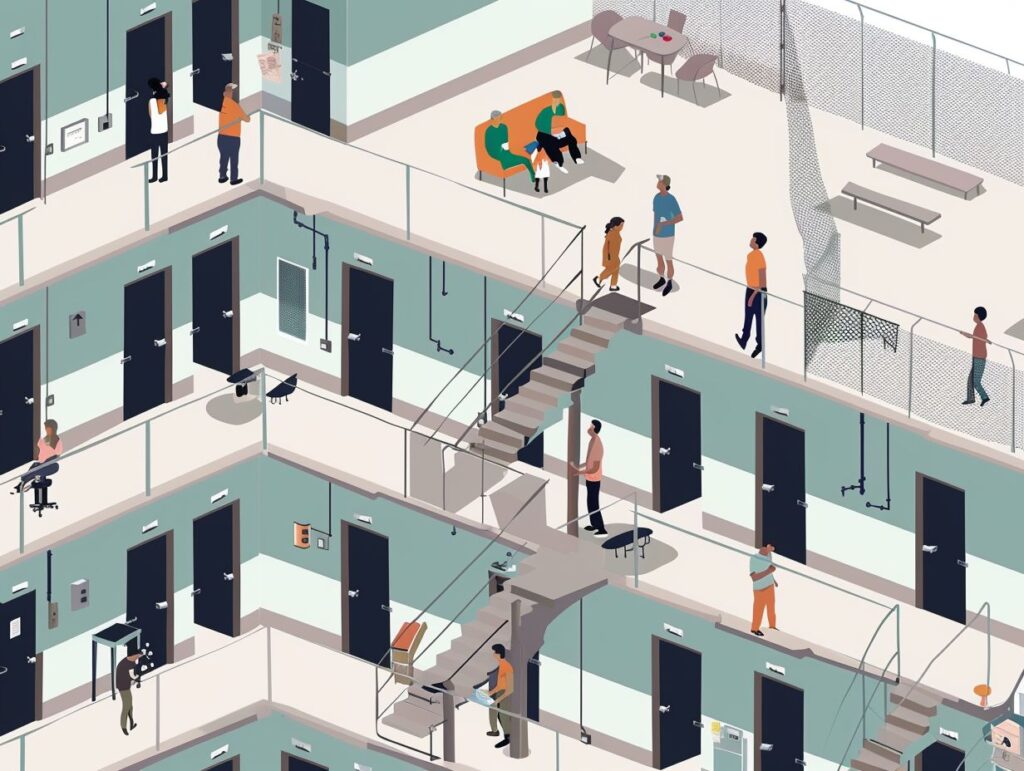
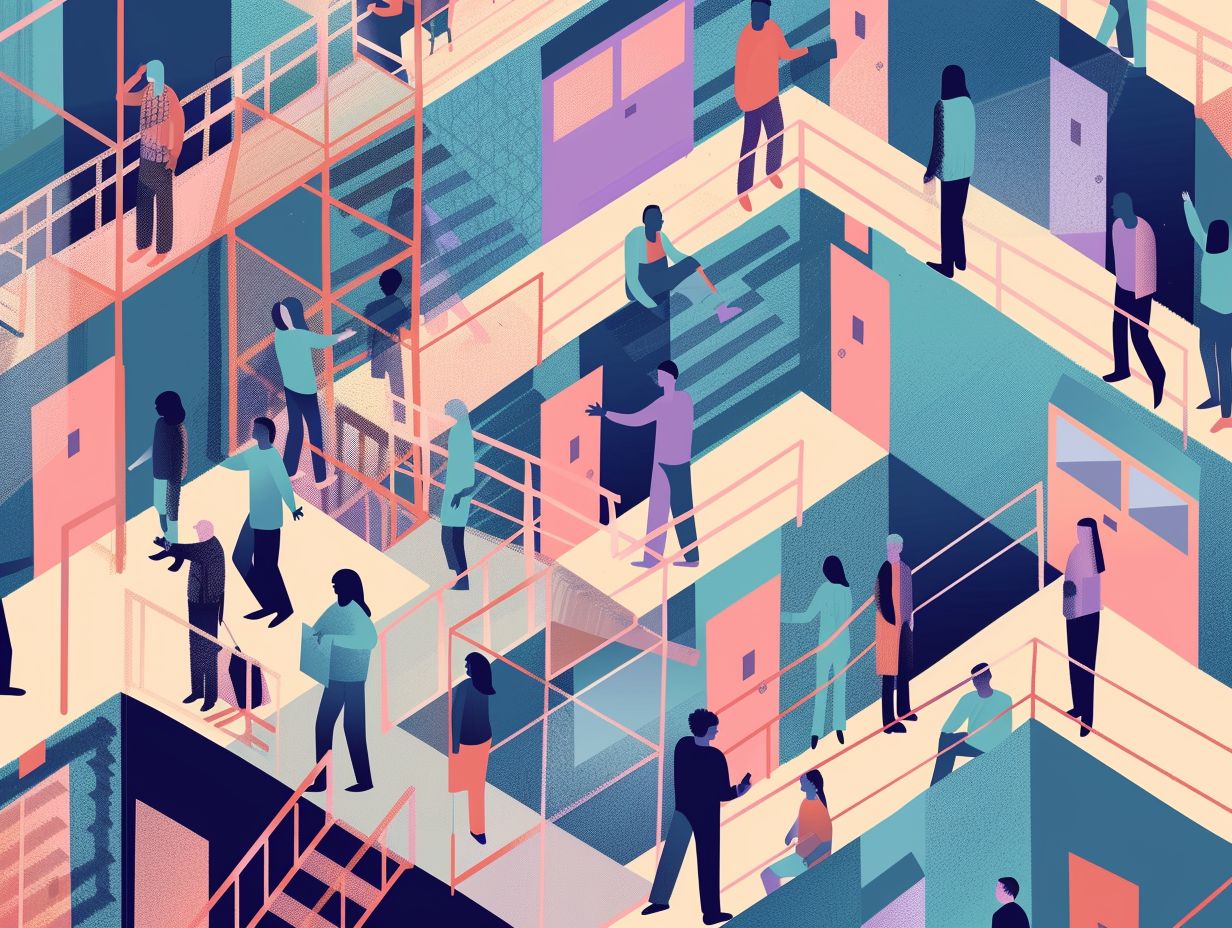
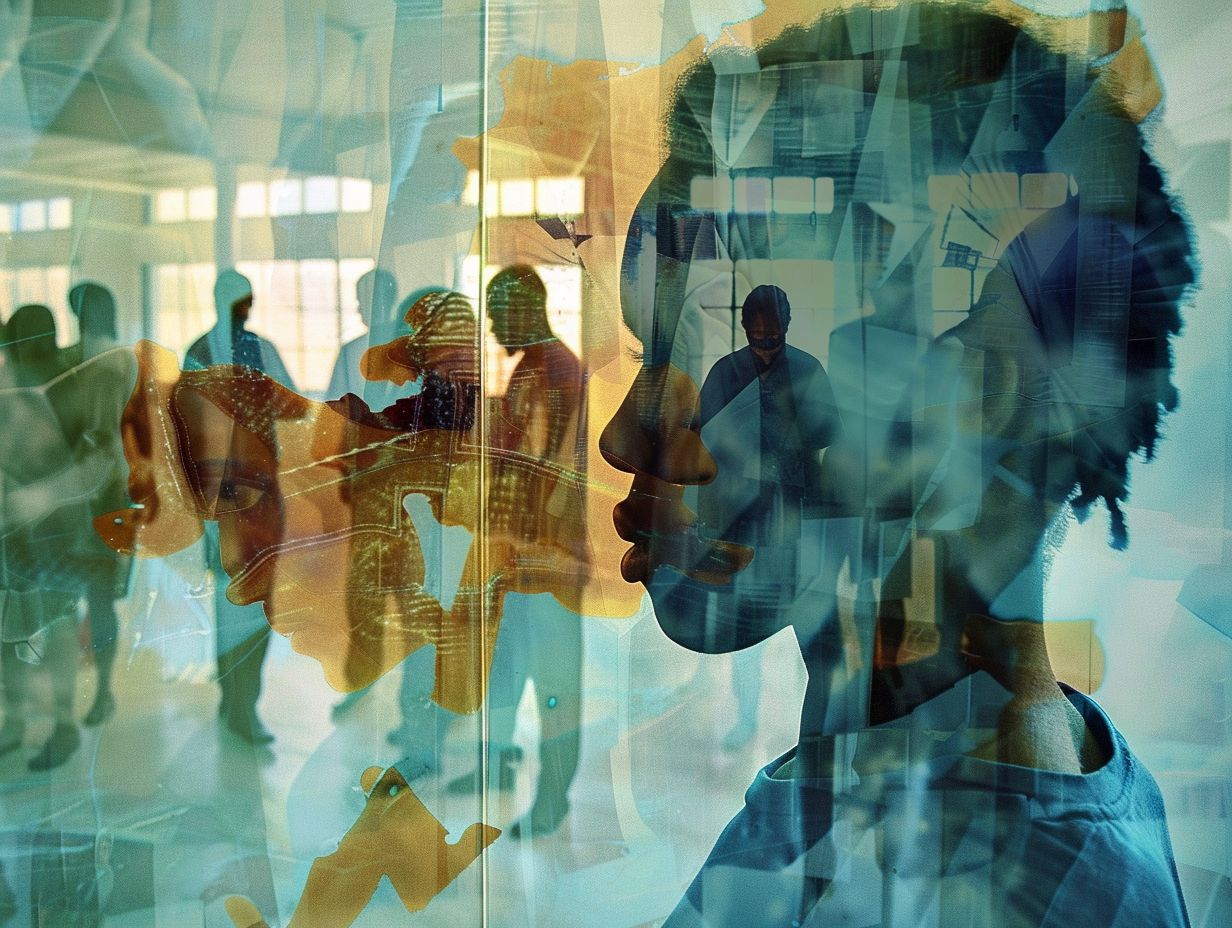
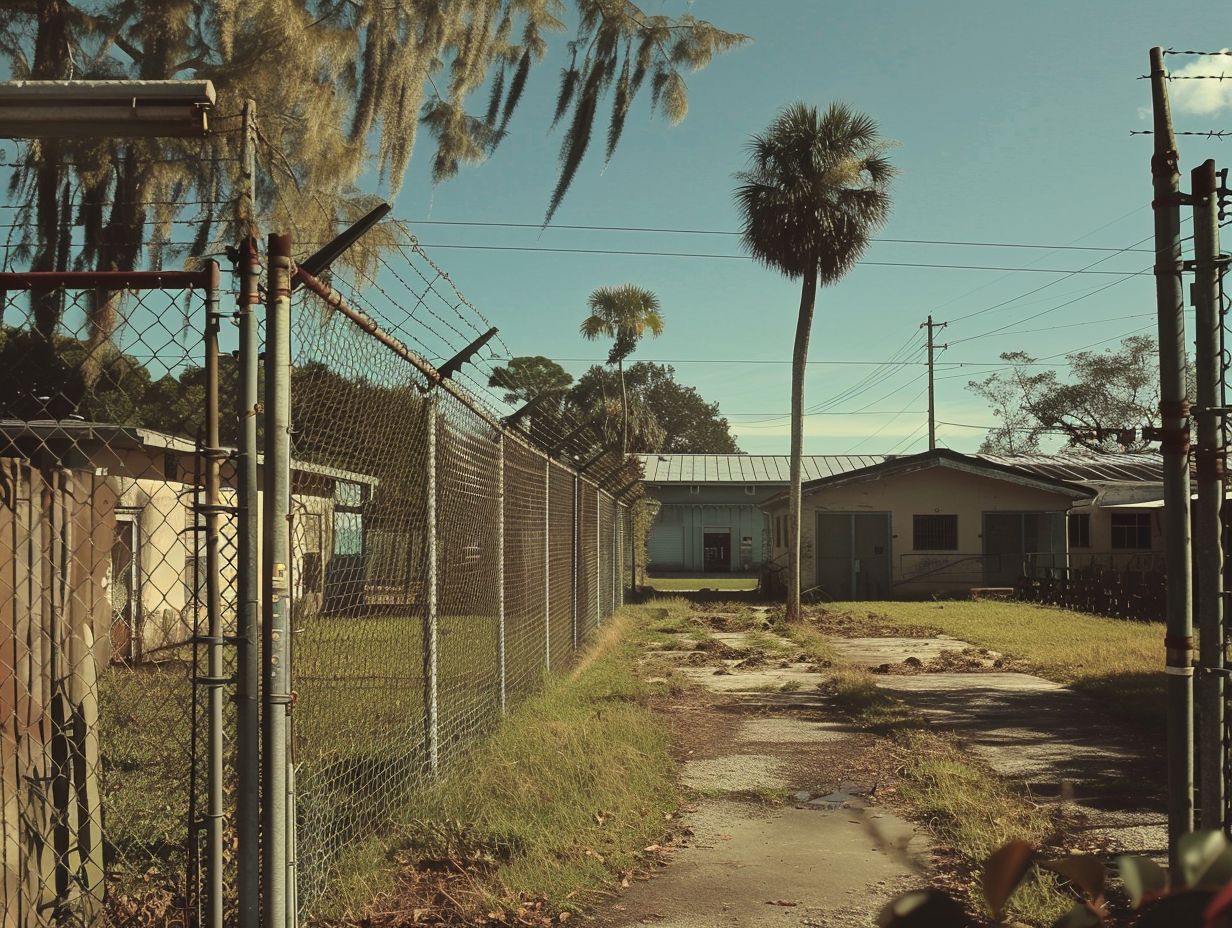





















Rate this article:
Average rating 0 / 5. Vote count: 0
No votes so far! Be the first to rate this post.
No Comments yet!